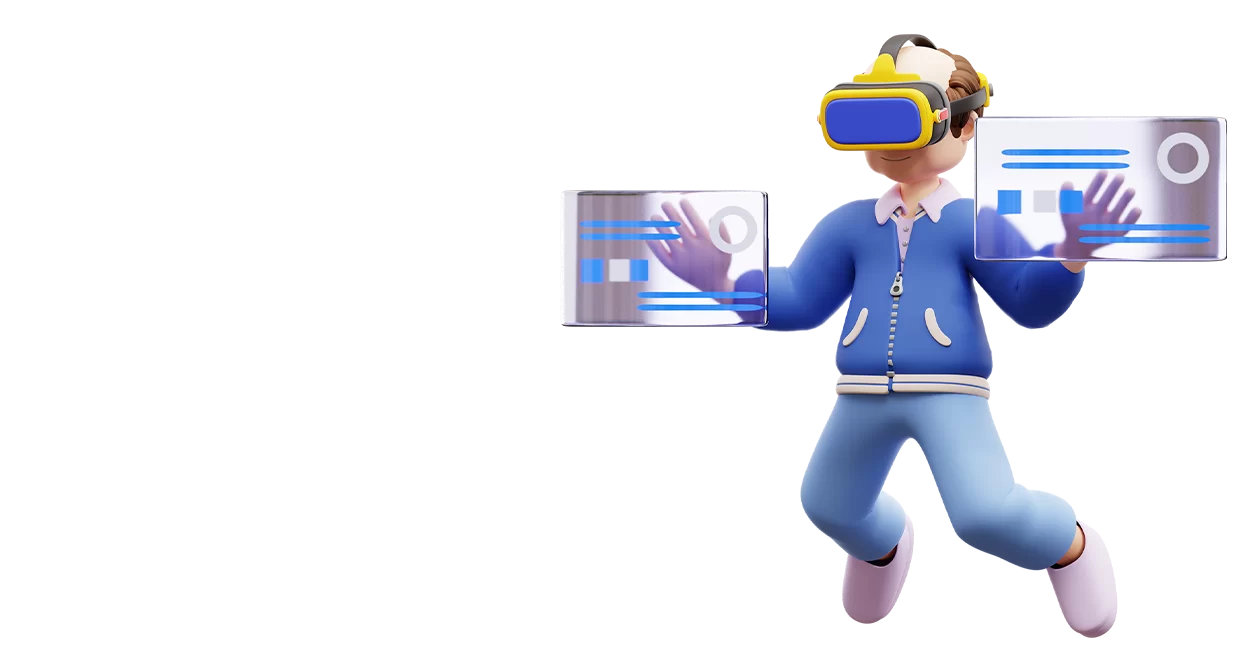Interactive

Digital Interactive
Redefining Your Interactive Experience
Our Interactive business solutions combine physical experiences with digital technologies to create a wide variety of next-gen sensory experiences across industries for enhanced customer experience.
Our Capabilities
We have leveraged technology expertise and creativity to build interactive platforms which engage, educate, and entertain users in the automotive, gaming, manufacturing and retail industries.
Our Achievements
40%
Increase in customer experience and engagement achieved for a leading travel-tech company
95%
Boost in accuracy for parts fitment for a leading auto parts seller using interactive technologies
Our Advantages
We have extensive experience in implementing interactive business solutions for a wide range of industries like augmented reality and smart display solutions based off integrating customer expectations from Social Media with touch systems built on data and compute-intensive platforms. These solutions enable businesses to attract prospects, influence customers, encourage them to purchase, and incentivize them to recommend.
The holographic display market is expected to grow at a CAGR of 27.3% over the forecast period of 2020 to 2025
The global virtual reality in gaming market size was valued at USD 11.56 billion in 2019 and is expected to grow at a compound annual growth rate (CAGR) of 30.2% from 2020 to 2027
Insights

Article
The 5 Biggest Virtual And Augmented Reality Trends In 2020 Everyone Should Know About

Article
What Leaders Need To Know About Augmented Reality

Article
Virtual Reality is Making Marketing and Training More Effective for Businesses

Article
Mixed Reality Finds Its Niche in Industrial and Business Applications
INDUSTRIES
PLATFORMS
SERVICES
CONSULTING
- AlvariumTM - Design Led ConsultingOpens a new window
- Digital Marketing Services
- Automotive Aftermarket
- Digital Logistics
- Remote Engineering
PROFESSIONAL SERVICES
DIGITAL
FUTURE ENGINEERING
Let's Talk
Book a Meeting
Cookies help us deliver our services. By using our services, you agree to our use of cookies. Click here to read our privacy policy Opens a new window








